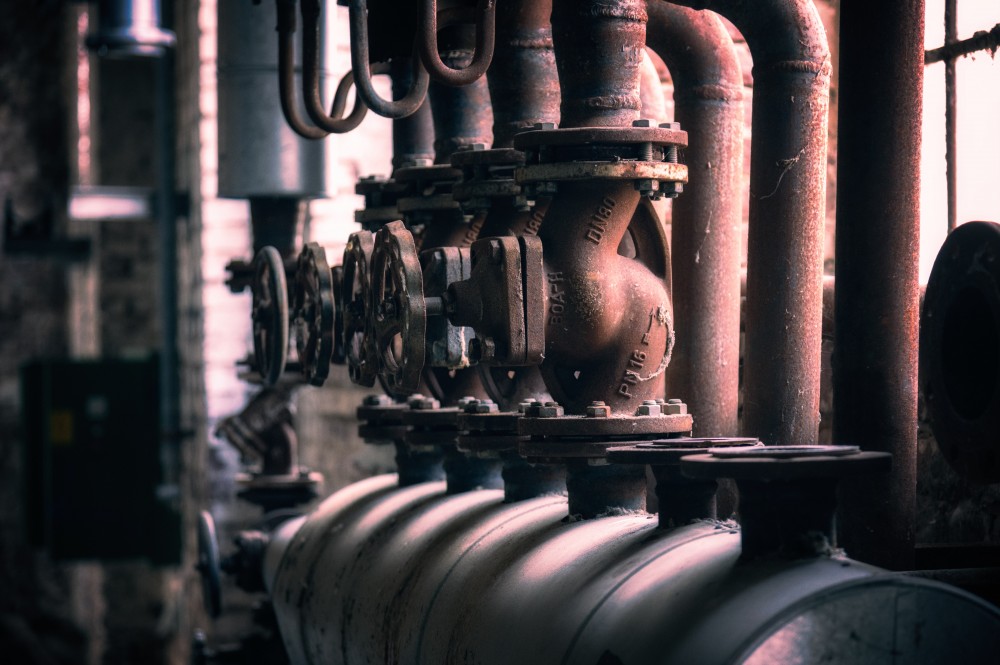Buying a new boiler is quite a critical decision. It could become costly if you do not take appropriate expert advice and care to look into all aspects before purchasing. Here are a few of the most critical considerations to consider while making your investment decision for a new boiler.
Of all the considerations, the most important one should always be your current and future heating and hot water needs. Remember, if your new boiler is reliable and robust, the less money you will have to spend on maintaining and repairing it.
Here are some suggestions to help you make an educated decision about the best boiler for your house.
Size and Capacity
When considering the best boiler for your home, you should make a purchase from iHeat. You can find the optimum size of the boiler based on your unique requirements. When deciding, you should think about how much hot water you will need and where all you would require is. Once you have these figures in your head, you should then think about the actual size of the boiler and its requirements.
As a home user, you should never forget that you need to make a decision about the capacity based on the number of rooms and people in your house. The number of bathrooms, types of heating, the walls, and other aspects must be looked into before finalising. You may need to consult an engineer before you make a concrete decision.
Reliability
Reliability is paramount when considering a boiler. Most customers and past users review brands and add these reviews to online sites, chat rooms, and community pages. Before making a purchase, you should check the boiler’s reliability based on the social media sites, consumer portals, reviews, and offline and online references.
If you are still unsure, you could post a question or start a topic thread about the boiler’s reliability you plan to buy. Most honest reviewers will answer your questions genuinely and provide authentic feedback about the product. The brand’s reliability, manufacturing components, heat exchanges, quality, and service should be checked thoroughly before investing.
Installation
You must check all functions of the boiler before installation. Considering where and how to install the boiler should take up considerable time. You must also check the space constraint or availability and make a decision accordingly. Apart from this, you should also check the temperature of the exhaust gas. This gas comes from the flue. However, most newer variants of condensing boilers have plumes of steam coming out during operation.
Critically checking and analysing the flue exhaust and ensuring that you consider safety paramount to proper installation techniques. If you’re unsure, you could also get it checked before you make a final purchase. Understanding the limitations will help you make a better, more informed choice. Once that’s done, you should also consider ensuring that all electrical and plumbing connections and joints are checked.
After-Sales-Service and Insurance
After-sales service, insurance, and maintenance are critical. These will probably affect the entire decision-making process of your boiler. You should be completely aware of all the pros and cons of the boiler manufacturer, the after-sales, and all relevant support details.
You should also ensure that you take the help of a professional to install, inspect, and service the boiler after its regular use. The most critical part about after-sales is that it needs to be done in the shortest time. When selecting a professional to look after your boiler, you should ensure that they provide excellent service and round-the-clock emergency calls.
It is also best practice to check the credentials and references of all professionals. It will not be cost-effective if you keep requesting newer technicians and paying everyone for their time. You should also remember that many large boiler manufacturers provide ongoing insurance and home service for their boilers within warranty.
While there are many other elements and points to look at, one essential aspect is to assess the energy efficiency of the entire configuration, starting with your home, first without the boiler installation and then post-installation.
Next, when you have done the due diligence and have received a few best offers and quotes, you should go through each minutely. A larger house may have more demand on hot water and heating requirements. You will see that there are many variables when choosing a boiler. This will warrant expert advice because, with the proper recommendations, you will be able to save money not just on the boiler installation but also on your heating bills and perhaps the future value of your property.

